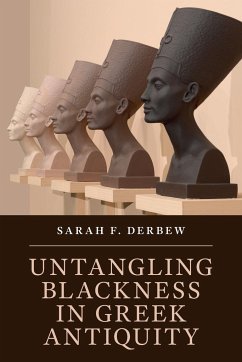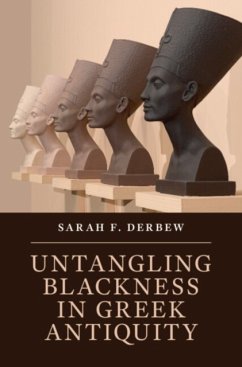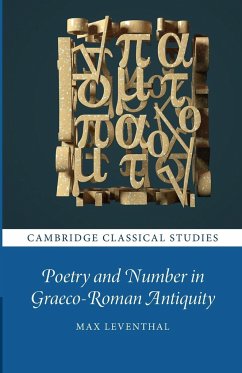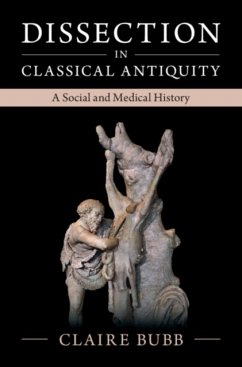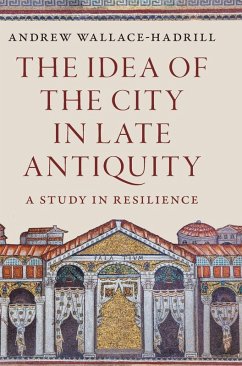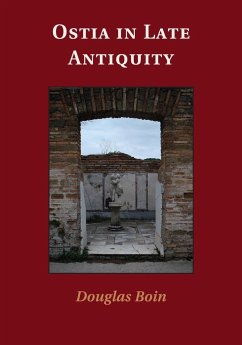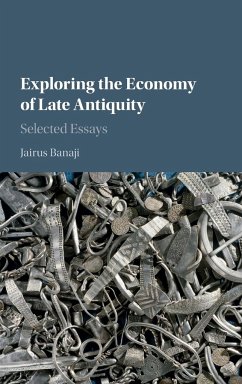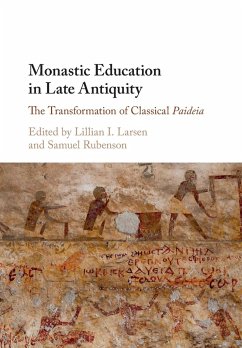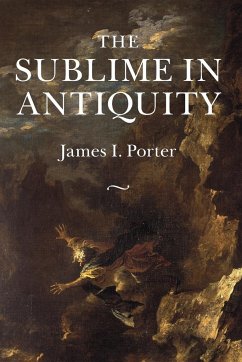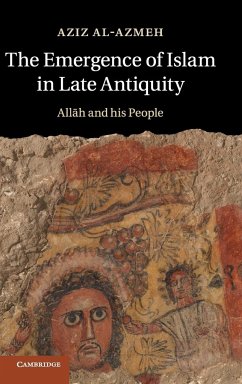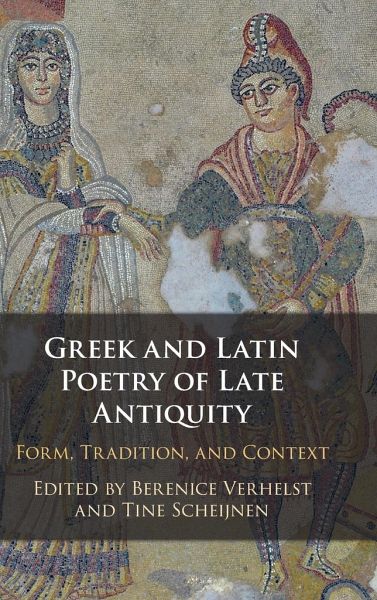
Greek and Latin Poetry of Late Antiquity
Versandkostenfrei!
Versandfertig in 1-2 Wochen
92,99 €
inkl. MwSt.
Weitere Ausgaben:

PAYBACK Punkte
46 °P sammeln!
Adopts and promotes a bilingual focus on the Greek and Latin poetry of late antiquity. Sheds light on the literary developments regarded as typical of the period and explores the poetic and aesthetic ideals that affected individual Greek and Latin poems.





